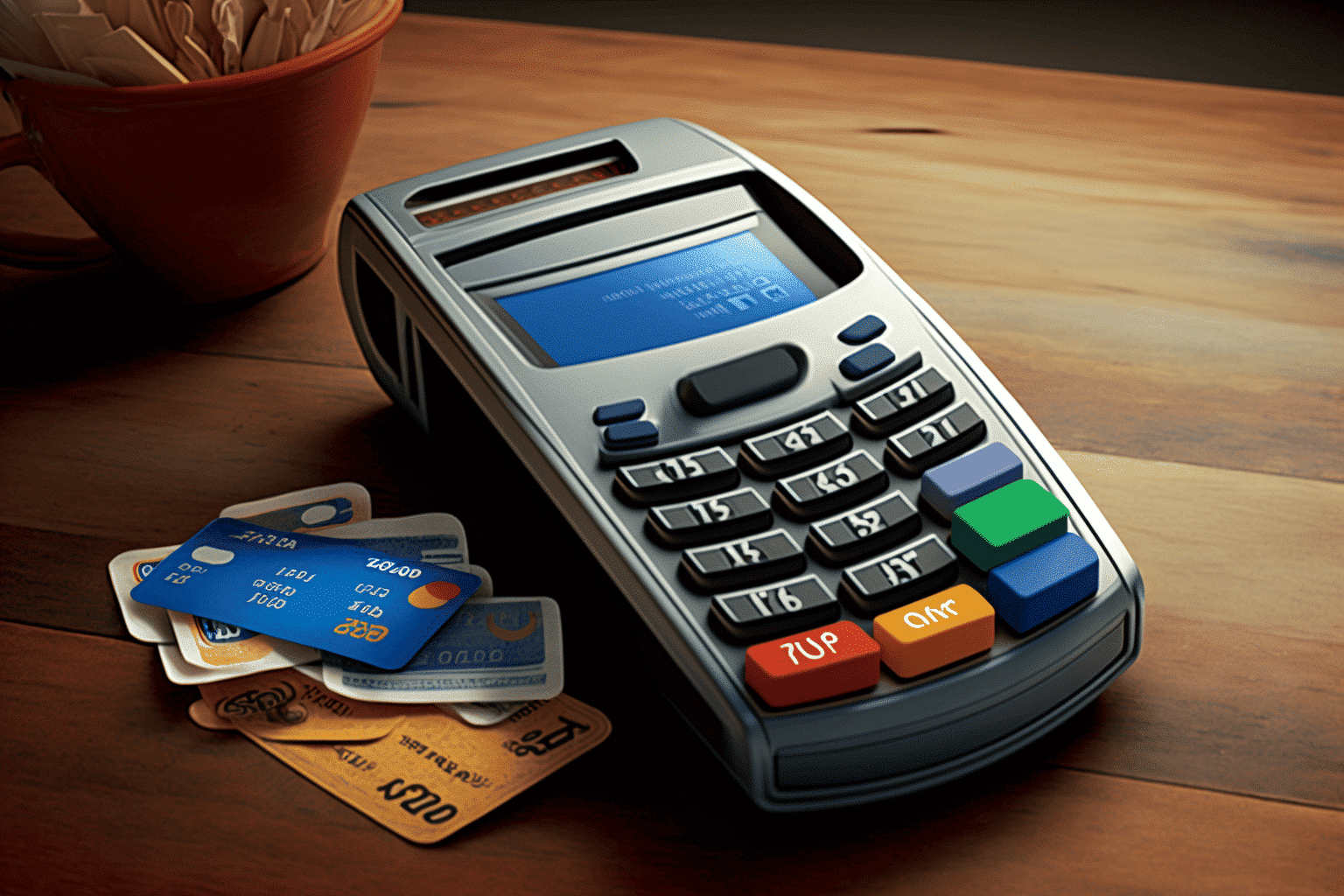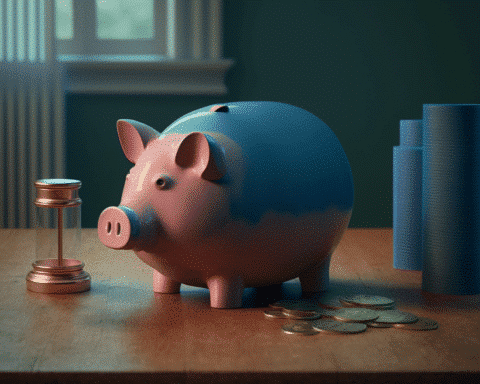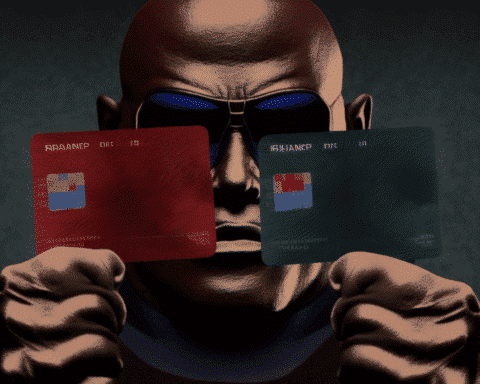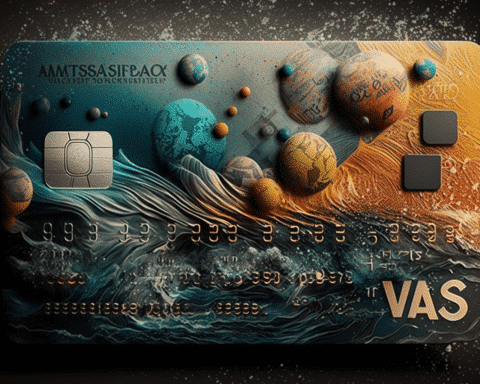Maxing out a credit card can have serious consequences for your finances and credit score. Here’s what you need to know about maxing out your credit card, the risks involved, and how to avoid it.
What is Maxing Out a Credit Card?
Maxing out a credit card is when you reach your credit limit and cannot make any additional transactions until you pay down the balance. Credit cards are a revolving line of credit, meaning you can borrow from them and reuse them as long as you pay back what you borrow. Maxing out your credit card can lead to several issues that can affect your finances.
The Risks of Maxing Out Your Credit Card
Maxing out your credit card can cause several problems, including:
- Damaging your credit score: Maxing out your credit card can negatively impact your credit score, making it harder to get approved for future credit.
- High-interest charges, penalty fees, and over-limit fees: When you max out your credit card, you may be subject to high-interest charges, penalty fees, and over-limit fees, which can add up quickly and make it harder to pay off your balance.
- Difficulty accessing emergency funds and making necessary purchases: If you have maxed out your credit card, you may not be able to access the credit you need to make emergency purchases or pay for necessary expenses.
- Legal action: If you fail to make payments on a maxed-out credit card, you may be at risk of legal action.
How to Avoid Maxing Out Your Credit Card
It’s best to avoid maxing out your credit cards whenever possible. Here are some tips to help you avoid maxing out your credit card:
- Be aware of your credit limit: Knowing your credit limit can help you avoid overspending and maxing out your credit card.
- Pay down your balance: Paying down your balance frees up additional credit that you can borrow again.
- Avoid over-the-limit transactions: Over-the-limit transactions may be possible with an additional fee, but it’s best to avoid them if possible.
- Use flexible spending cards when possible: Some flexible spending cards allow you to exceed your credit limit on a case-by-case basis without a fee.
- Be careful about your spending: Overspending and not being able to pay off your balance can lead to credit card debt and other financial issues.
Credit Score and Maxing Out Your Credit Card
Your credit score is a measure of your creditworthiness, and maxing out your credit card can negatively impact your credit score. Your credit utilization ratio, which is the amount of credit you’re using compared to the amount of credit available to you, is one of the factors used to calculate your credit score.
Staying below 30% credit utilization is better for your credit score. Maxing out a credit card results in 100% credit utilization on that card, which can significantly drop your credit score. High credit utilization can drop your credit score as much as 50 points, according to Experian’s senior director of consumer education.
Maxing out your credit card can have serious consequences for your finances and credit score. It’s important to be aware of your credit limit and avoid maxing out your credit card whenever possible. Be careful about your spending, pay down your balance, and use flexible spending cards when possible to avoid maxing out your credit card. By following these tips, you can avoid the negative consequences of maxing out your credit card and maintain a healthy credit score.




